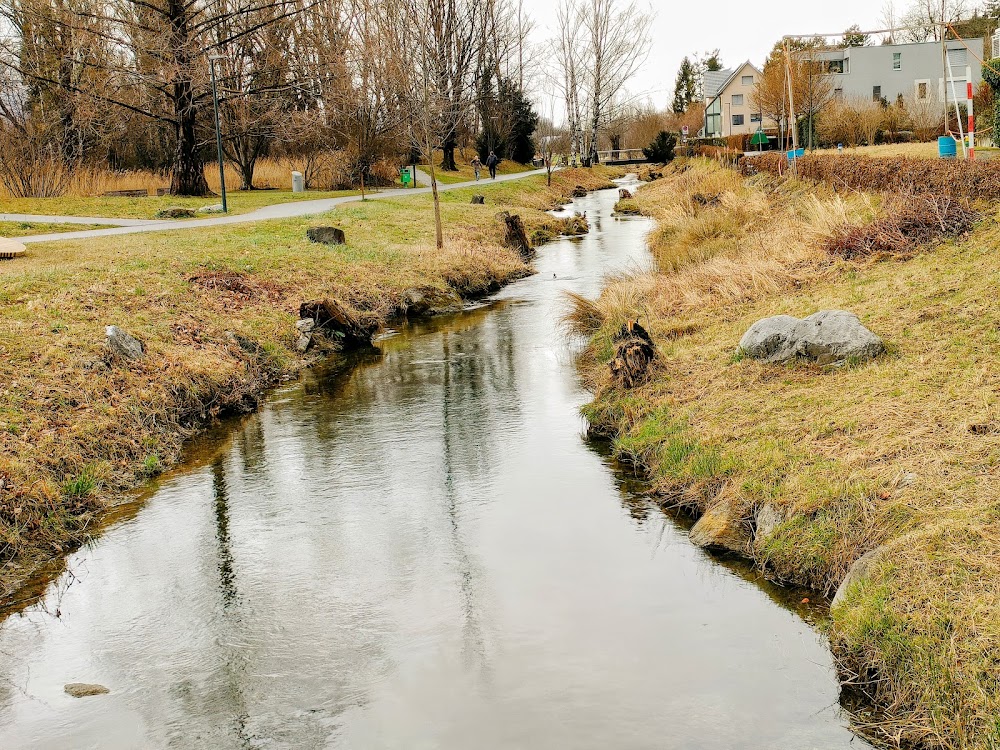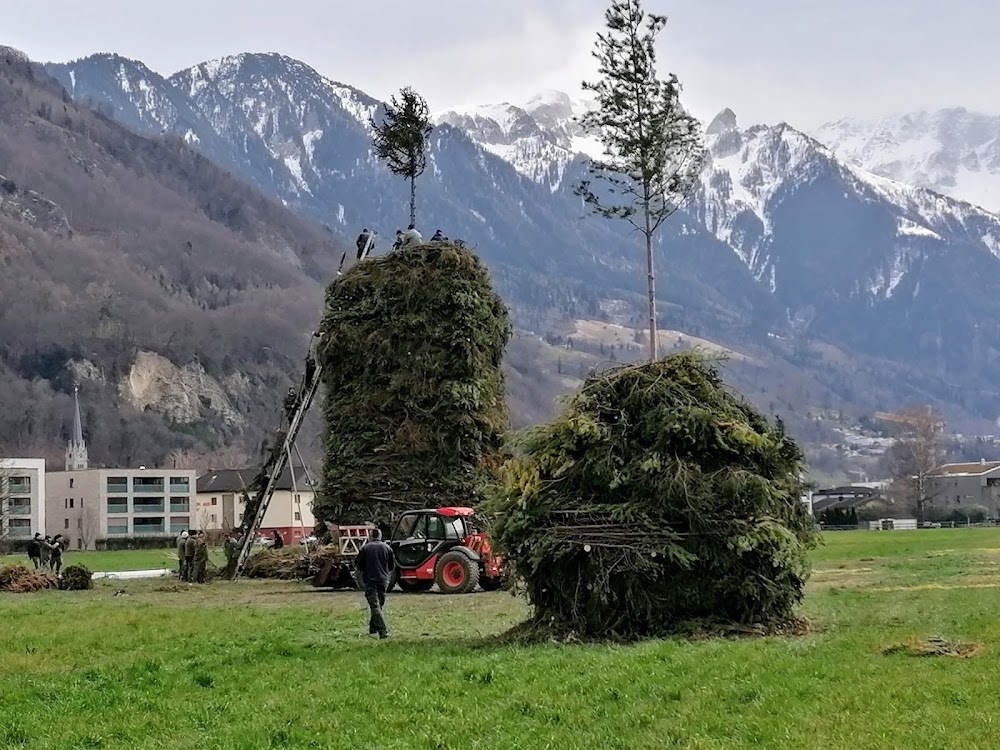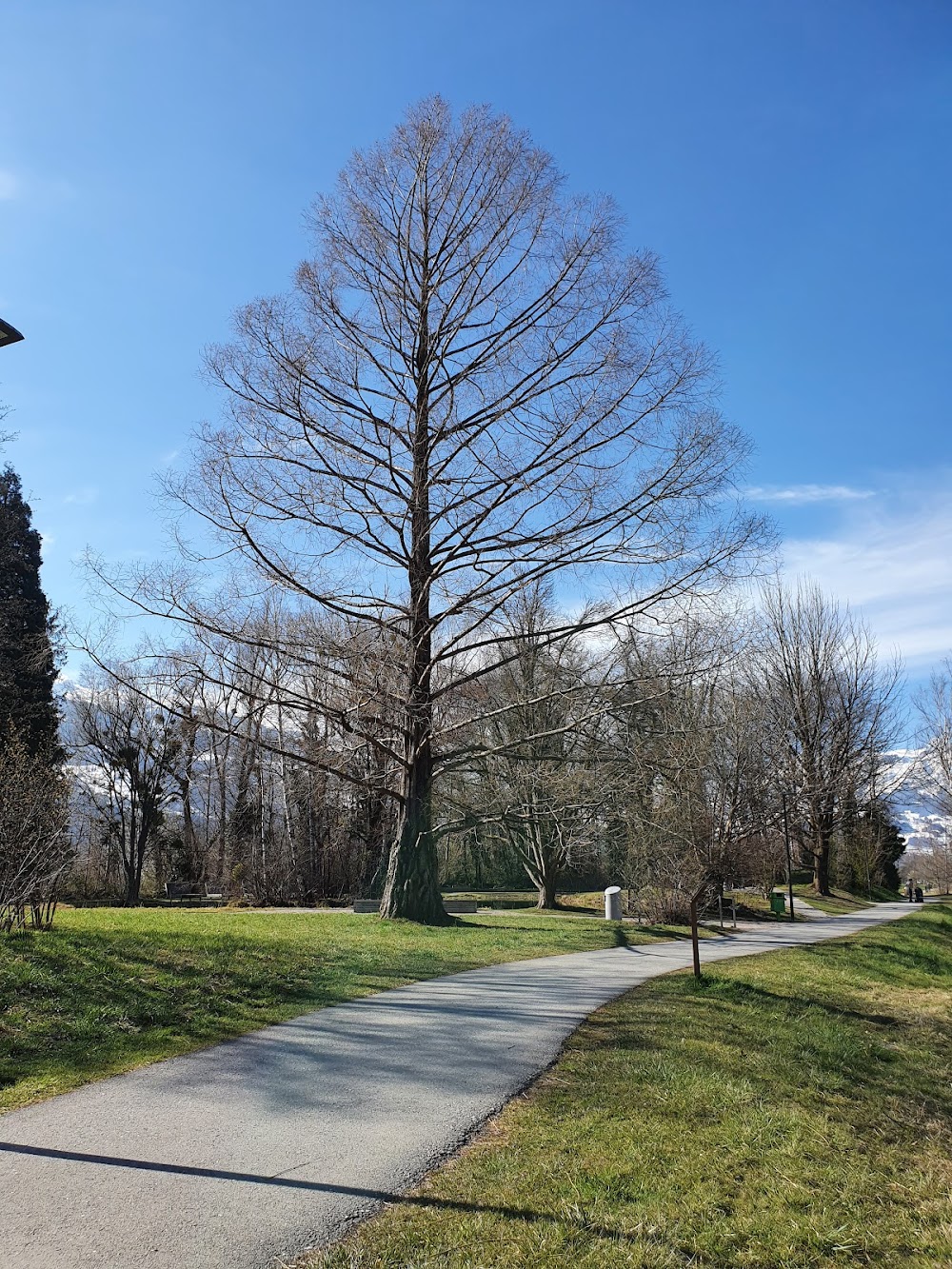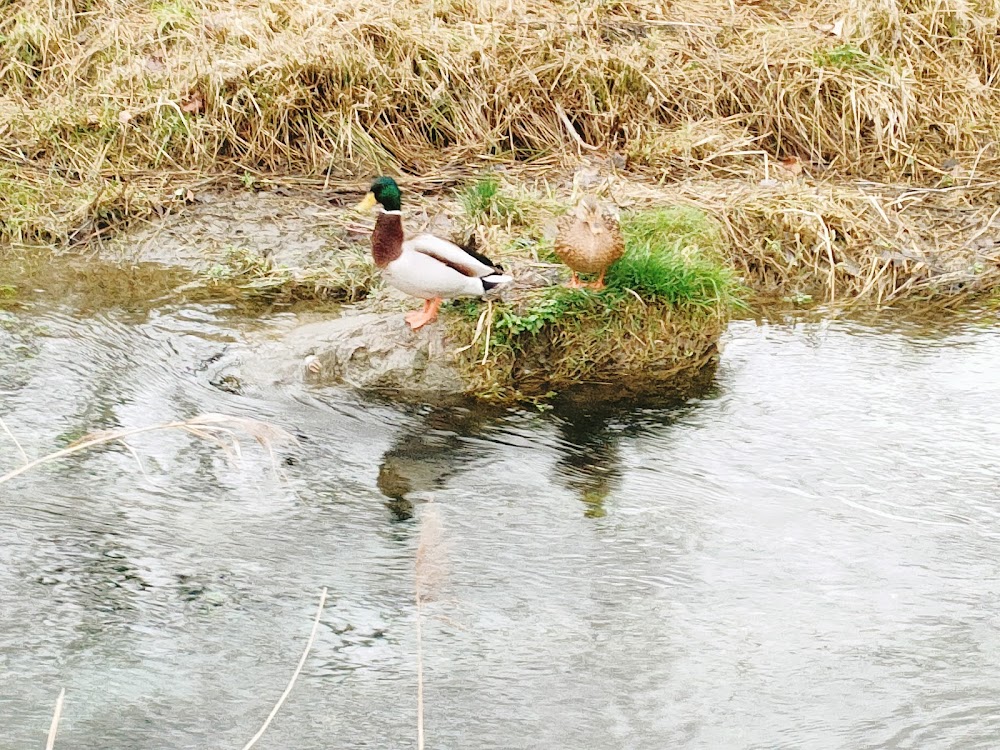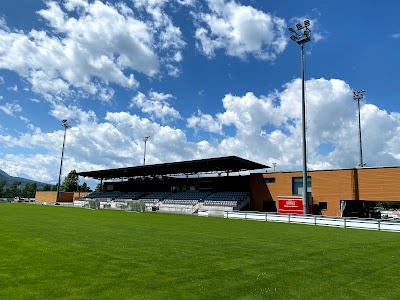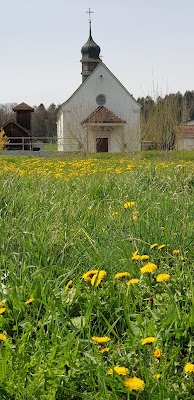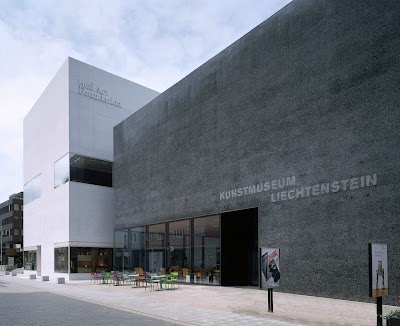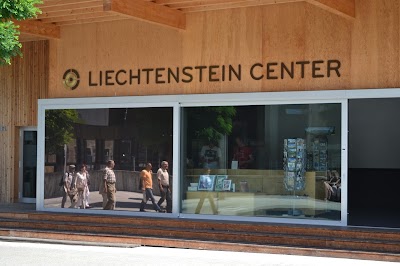Rotaboda Nature Reserve (Naturschutzgebiet Rotaboda)
Overview
Nestled in the picturesque countryside of Triesen, Liechtenstein, the **Naturpark Haberfeld**, also known as the **Rotaboda Nature Reserve**, is a tranquil sanctuary that showcases the region's stunning natural beauty. The story of its establishment reflects the community's commitment to preserving both their environment and rich history.
The reserve spans a sprawling area filled with lush meadows, ancient forests, and serene water bodies. Its journey began in the early 1990s, when local residents, environmentalists, and the municipality of Triesen joined forces to protect the unique landscapes and biodiversity from the threats of urban sprawl and industrial encroachment. This collective awareness led to a successful campaign to designate the area as a protected nature reserve.
Community meetings and environmental impact studies were conducted to assess the region's ecological significance. The findings revealed a rich tapestry of diverse flora and fauna, including several rare and endangered species. This compelling evidence strengthened the resolve of the community to move forward with the declaration of the **Naturpark Haberfeld**.
By the mid-1990s, the reserve was officially established, with an immediate focus on enhancing the natural habitats and catering to the needs of both wildlife and human visitors. Volunteers, including students, local families, and conservation groups, came together to clean up the area, remove invasive species, and plant native trees and shrubs.
Carefully planned trails were constructed to offer breathtaking views while minimizing human impact on the environment. Informational signs were strategically placed along these trails, providing visitors with insights into the local ecosystem, history, and ongoing conservation efforts. Birdwatching platforms and observation decks were built to promote educational and recreational activities without disturbing the wildlife.
In the early 2000s, significant efforts were made to restore wetlands that had suffered from previous agricultural practices. This involved reintroducing native plant species and creating small ponds to support amphibian life. These rejuvenated wetlands became a vibrant habitat for frogs, dragonflies, and numerous bird species, further enhancing the region's biodiversity.
The reserve has also evolved into a hub for environmental education. Schools from Triesen and nearby areas now organize field trips for students, who learn about ecology, conservation, and the importance of protecting natural habitats. Seasonal workshops and guided tours engage the community in activities such as birdwatching, plant identification, and eco-friendly gardening practices.
Recognizing the impact and potential of the reserve, the municipality has allocated funds for the development and maintenance of its infrastructure. This vital support ensures the upkeep of trails, observation points, and educational facilities. The local government collaborates with community organizations to promote the reserve as a model of sustainable tourism.
Today, **Naturpark Haberfeld** stands not only as a pristine natural area but also as a symbol of communal effort and environmental stewardship. Families flock to the reserve for picnics, hikers explore its scenic trails, and naturalists document the rich variety of species. Annual events, such as the spring bird-watching festival and autumn nature walks, attract visitors from across Liechtenstein and beyond.
The success of the **Rotaboda Nature Reserve** continues to inspire other conservation projects within Liechtenstein. Its story serves as a powerful reminder that preserving natural beauty and biodiversity requires vision, cooperation, and unwavering commitment from both the community and its leaders. Thanks to the dedicated efforts of Triesen's residents, this reserve has become a lasting legacy for future generations to cherish and enjoy.


